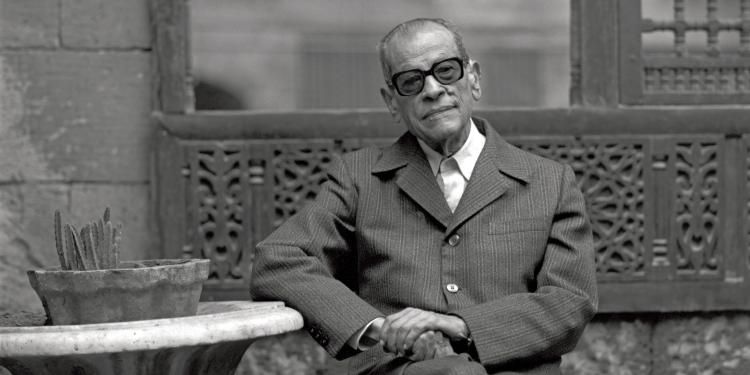
Naguib Mahfouz
Naguib Mahfouz Abdelaziz Ibrahim Ahmed Al-Basha was an Egyptian writer who won the 1988 Nobel Prize for Literature.
Mahfouz is regarded as one of the first contemporary writers of Arabic literature to explore themes of existentialism and is the only Egyptian to win the Nobel Prize in Literature. He published 35 novels, over 350 short stories, 26 movie scripts, hundreds of op-ed columns for Egyptian newspapers, and seven plays over a 70-year career, from the 1930s until 2004.
His most famous works include The Trilogy and Children of Gebelawi. Many of his books have been made into both Egyptian and foreign films, and no Arab writer has had more cinema and television adaptations of his work than Mahfouz.
He was shortlisted, for his entire body of work, for The Man Booker International Prize 2005.
Background
Between 2005 - 2015, the Man Booker International Prize recognised one writer for their achievement in fiction.
Worth £60,000, the prize was awarded every two years to a living author who had published fiction either originally in English or whose work is generally available in translation in the English language.
The winner was chosen solely at the discretion of the judging panel and there were no submissions from publishers.
The Man Booker International Prize was different from the annual Man Booker Prize for Fiction in that it highlighted one writer’s overall contribution to fiction on the world stage. In focusing on overall literary excellence, the judges considered a writer’s body of work rather than a single novel.

